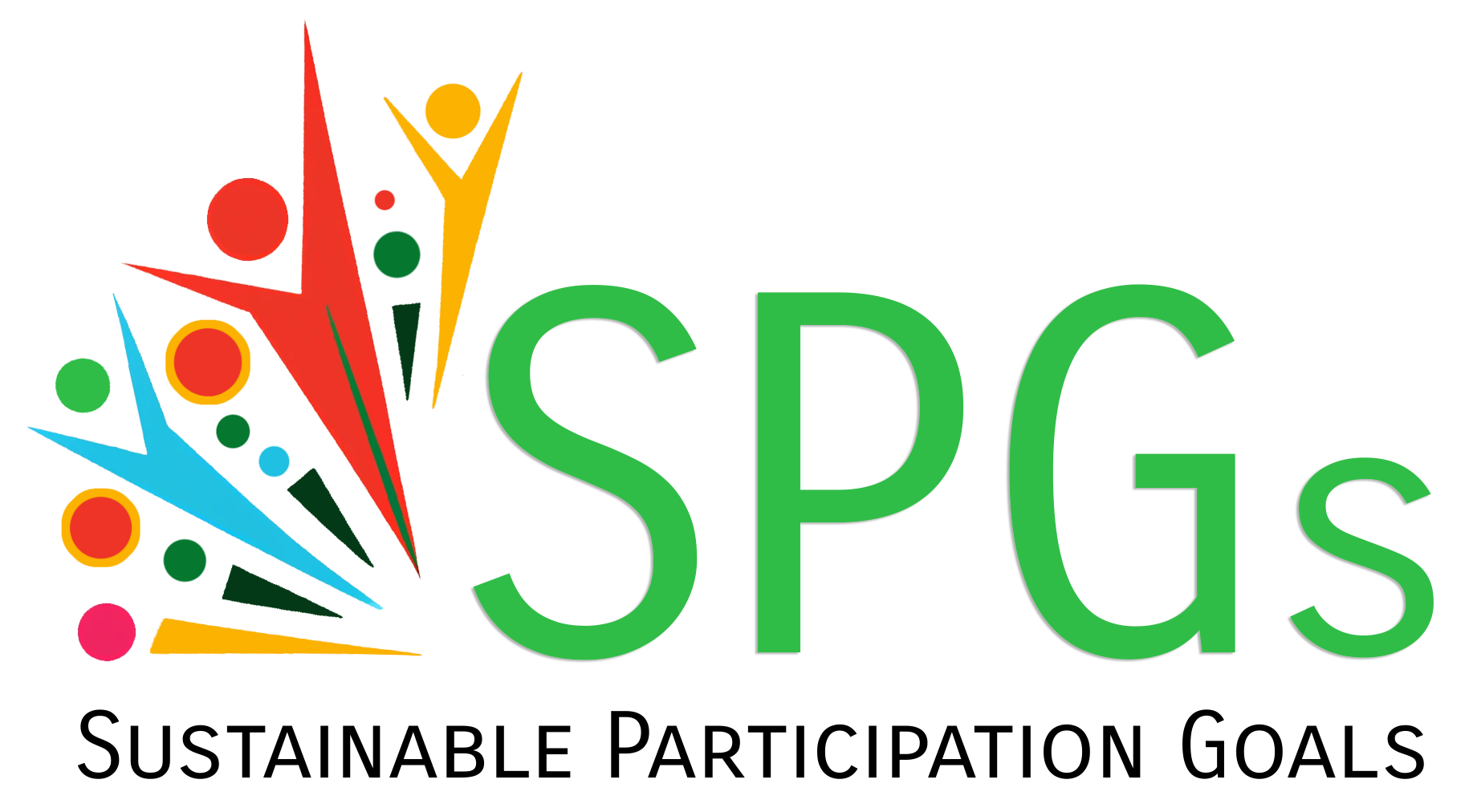Learning through evaluation
While monitoring and evaluation are often treated as separate tasks within a project, evaluation should ideally be an ongoing, participatory process integrated into every activity. By capturing both positive and negative outcomes – intended and unintended – as they unfold, you can effectively mitigate risks, make timely adjustments, and seize opportunities to create a lasting positive impact on your target groups. Embedding evaluation into the core of your work ensures that each iteration of a project, activity, or event builds on previous experiences and lessons learned, ultimately enhancing both impact and sustainability.
In the SPGs project, we embraced a participatory evaluation model that allows for continuous learning and improvement throughout the project's implementation. Various methods exist to gather feedback from participants, and the most effective method is the one that best serves your specific needs and context.
Based on the needs in the SPGs project, the following approaches were successfully implemented and form a set of highly recommendable and useful tools:
Regular Recaps
At the start of each meeting with participants (e.g. in a weekly or bi-monthly rhythm), conduct a recap of the previous session. This not only helps gauge how much participants remember (providing insights into knowledge retention and awareness), but also serves as a barometer for the effectiveness of the used methods. It allows to identify which topics resonate most with the youth, and which areas may need to be revisited for deeper understanding.
Immediate Debrief Sessions
After major events or trips, or at key points throughout the project cycle, hold debrief sessions as part of your meeting, before participants depart. In these group discussions, ask participants to reflect on their experiences, sharing what stood out to them, what they enjoyed, and what could be improved. The project team should always take notes on this feedback, using it to refine future events, activities, or trips. This immediate reflection ensures that fresh insights are captured and participants get the opportunity to shape upcoming activities.
Google Forms and Surveys
Use Google Forms and surveys to collect input before and after events. These tools are particularly effective when time constraints prevent group discussions or when anonymous or quantitative feedback is required. These surveys help gather valuable insights quickly between meetings and ensure that feedback is representative. To maximise response rates, design surveys to be short, concise and purposeful. If you have fruitful collaborations with schools or other entities, teachers or trainers help to ensure that students complete the surveys. Always emphasise to participants the importance of their feedback – not just for themselves, but for the success of the project overall.
Evaluation for impact
Ongoing participatory evaluation enhances the current project and also establishes a strong foundation for future initiatives. The data and feedback you gather provide valuable insights into the project's replicability and scalability, enabling you to refine strategies for different contexts and larger audiences. This continuous learning approach ensures that your future projects are grounded in proven methods while remaining flexible and responsive to the evolving needs of participants and communities.
By integrating these evaluation strategies, you will gain continuous, actionable insights that allow you to design more impactful programmes and activities. Regular evaluation not only enhances the quality of your work, but also empowers youth participants by giving them a voice throughout the process. This is particularly important in order to detect and quickly address negative experiences, grievances and disappointments, and course-correct as needed. It also allows you to identify and capture unexpected positive outcomes, which can be used as an important learning for future activities.
This participatory evaluation approach strengthens the participants’ sense of ownership and commitment, as they see their input directly influencing the project's direction. Moreover, by addressing feedback promptly, you ensure that you continuously improve the experience for participants, fostering a culture of learning, adaptation, and responsiveness. This approach not only refines the current project, but also sets the stage for more effective, scalable initiatives in the future.
